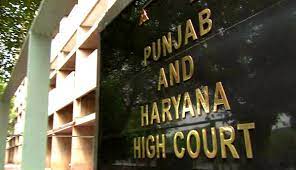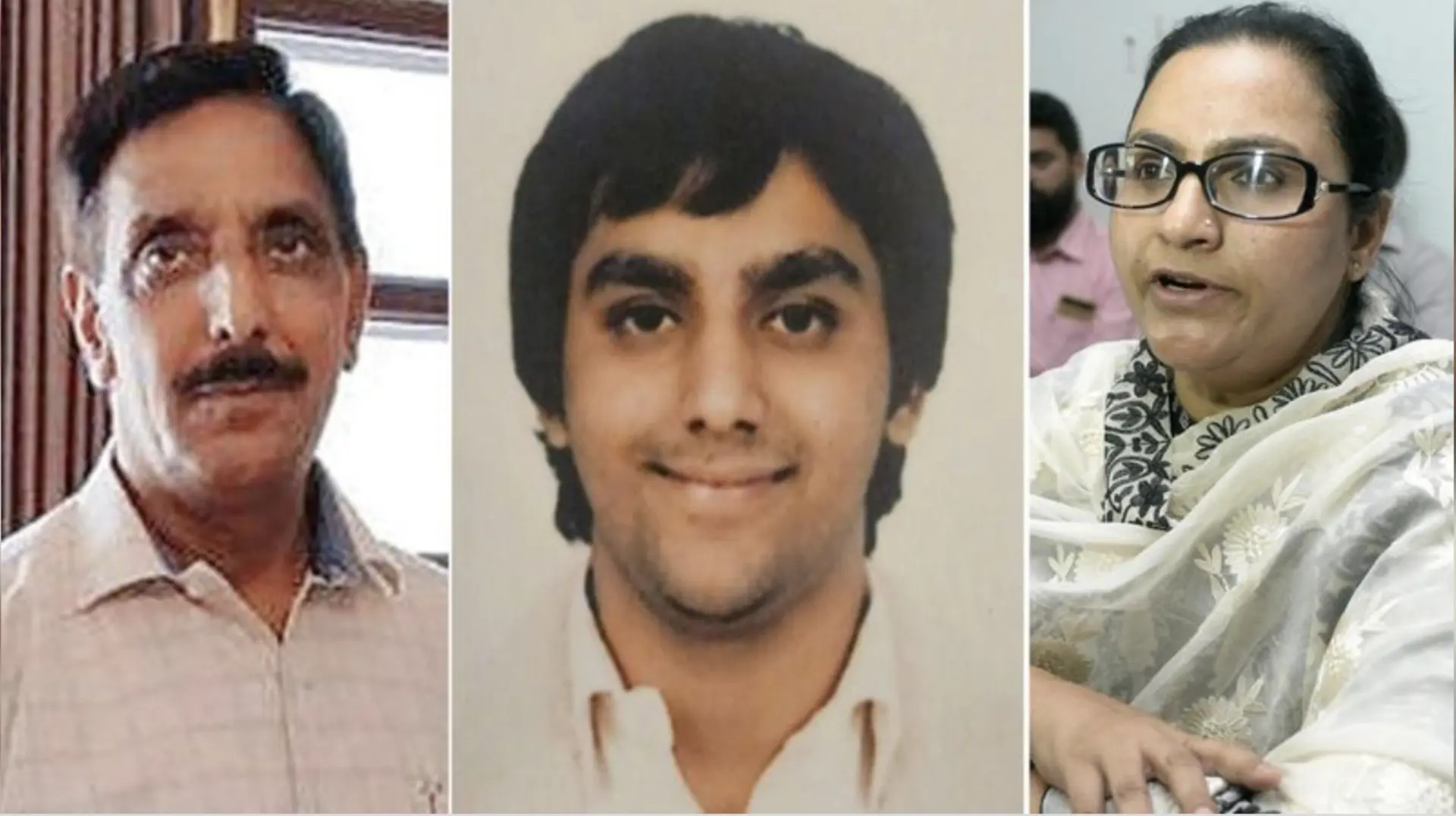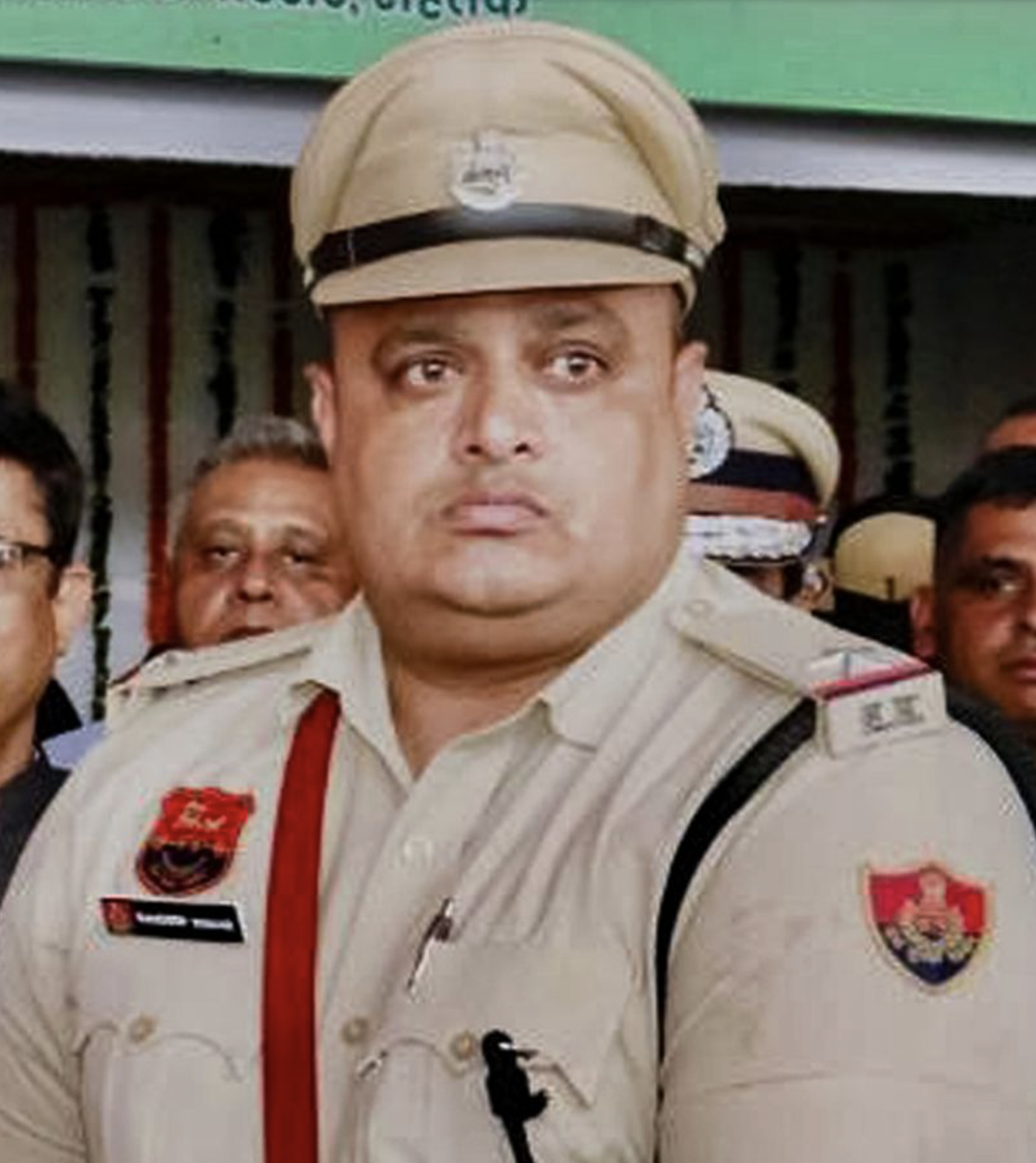
The Supreme Court Collegium, headed by Chief Justice DY Chandrachud, has put forth recommendations to the Centre for the appointment of Chief Justices for high courts in Rajasthan, Punjab and Haryana, Gauhati, Allahabad, and Jharkhand. The nominated judges include Justice Sheel Nagu, Justice Manindra Mohan Shrivastava, Justice Vijay Bishnoi, Justice Arun Bhansali, and Justice BR Sarangi.
-
Justice Sheel Nagu:
-
Recommended for the position of Chief Justice of the Punjab and Haryana High Court.
-
Currently serving in the Madhya Pradesh High Court.
-
Considered a competent judge suitable for the role.
-
Justice Manindra Mohan Shrivastava:
-
Nominated for the post of Chief Justice of the Rajasthan High Court.
-
Currently serving as the Acting Chief Justice of the Rajasthan High Court.
-
Justice Vijay Bishnoi:
-
Proposed for the position of Chief Justice of the Gauhati High Court.
-
Serving in the Rajasthan High Court.
-
Justice Arun Bhansali:
-
Recommended for appointment as the Chief Justice of the Allahabad High Court.
-
Serving in the Rajasthan High Court.
-
Justice BR Sarangi:
-
Nominated for the role of Chief Justice of the Jharkhand High Court.
-
Currently serving as the Acting Chief Justice of the Orissa High Court.
The Collegium affirmed Justice Sheel Nagu's competence and suitability for the role of Chief Justice of the Punjab and Haryana High Court. This recommendation reflects the Collegium's careful consideration of each nominee's qualifications and experience.
The three-member Collegium, consisting of Chief Justice DY Chandrachud, Justice Sanjiv Khanna, and Justice BR Gavai, plays a crucial role in recommending appointments and elevations of judges to higher courts in India. The nominations, once approved by the Centre, will contribute to the leadership and administration of these high courts.













